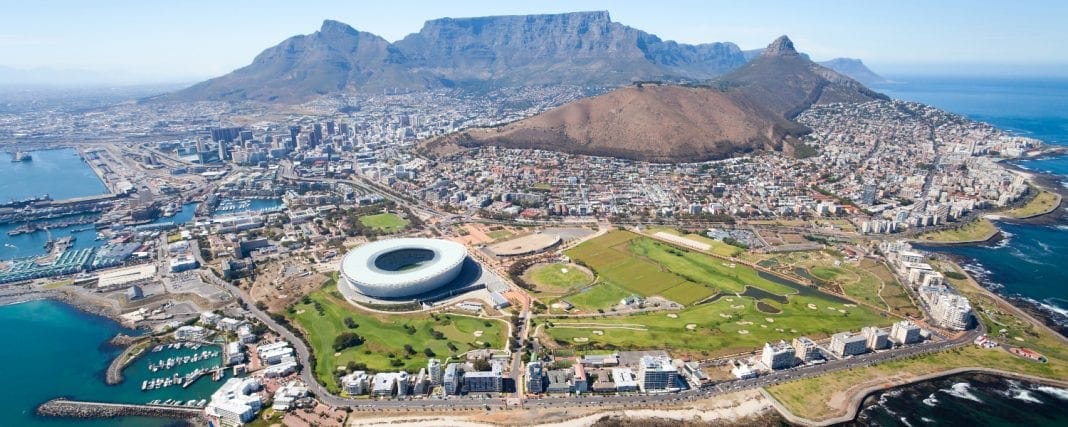Chinese Tourism is taking over Bali. The central Indonesian and provincial governments are starting to focus on the rapidly growing Chinese tourist market by intensifying promotion and tourism trade schemes.
Wiryanti Sukamdani, chairperson of the Indonesian Tourism Promotion Board (BPPI), told journalists in Kuta recently that the number of visitors from China had been increasing every year, thanks to the country’s stunning economic growth and the rise of its middle class.
Sukamdani said that Indonesia was one of the most in-demand tourist destinations for many Chinese tourists.
“They come to Indonesia, especially to Jakarta and Bali, for business and pleasure,” she explained.
“Promotions and attractive tourism packages must be intensified to attract more Chinese visitors to
Indonesia.”
I Gusti Ngurah Putera, secretary-general for marketing at the Tourism and Creative Economy Ministry, said that the number of Chinese tourists to Bali was second only to Australians.
“The relationship between Indonesia and China, as well as other ASEAN countries, is positive and we expect this tourism trend to continue rising,” Putera said.
The ministry organized elaborate tourism promotion in China last June involving all stakeholders from the Indonesian tourist industry.
Based on data from the Bali Tourism Agency, the number of Chinese visitors to the island reached 310,904 persons in 2012, an impressive growth of 31.26 percent from the previous year’s 236,868. Chinese tourists contribute 10.75 percent to total foreign tourist arrivals to Bali.
“China has replaced Japan with the second-largest number of tourists to Bali after Australia,” said Ida Kade Subhiksu, head of Bali Tourism Agency.
The agency’s analysis reveals that around 31 million Chinese people travel around the world during the holiday seasons.
About 91 percent of these Chinese travelers vacation in the Asia-Pacific region and most originate from three major cities in China: Beijing, Shanghai and Guangzhou.
Chinese tourists usually stay in star-rated hotels and prefer to spend their leisure sightseeing, shopping and doing water sports. The agency recorded that their average daily spending in Bali reached US$150.34 per person.
I Ketut Ardhana, chairperson of the Indonesian Tour and Travel Agencies Association (ASITA) Bali branch, shared his experience while participating in the tourism promotion tour in China last June, saying that Chinese tourists were eager to visit Bali.
“Many of them prefer to take chartered flights, although some airlines have opened direct flights from China to Ngurah Rai airport in Bali,” Ardana said.
Ardana said Chinese New Year had always been a popular time for Chinese people to travel.
“During the Chinese New Year, thousands of tourists from the country spend their vacation here in Bali for at least seven days,” he said.
Ardhana reminded that Chinese market had great potential.
“I expect that all ASITA members will improve their tourism package mechanisms and eliminate illicit practices that may harm Bali’s image,” he said.
WHAT TO TAKE AWAY FROM THIS ARTICLE:
- I Ketut Ardhana, chairperson of the Indonesian Tour and Travel Agencies Association (ASITA) Bali branch, shared his experience while participating in the tourism promotion tour in China last June, saying that Chinese tourists were eager to visit Bali.
- I Gusti Ngurah Putera, secretary-general for marketing at the Tourism and Creative Economy Ministry, said that the number of Chinese tourists to Bali was second only to Australians.
- Wiryanti Sukamdani, chairperson of the Indonesian Tourism Promotion Board (BPPI), told journalists in Kuta recently that the number of visitors from China had been increasing every year, thanks to the country's stunning economic growth and the rise of its middle class.






















